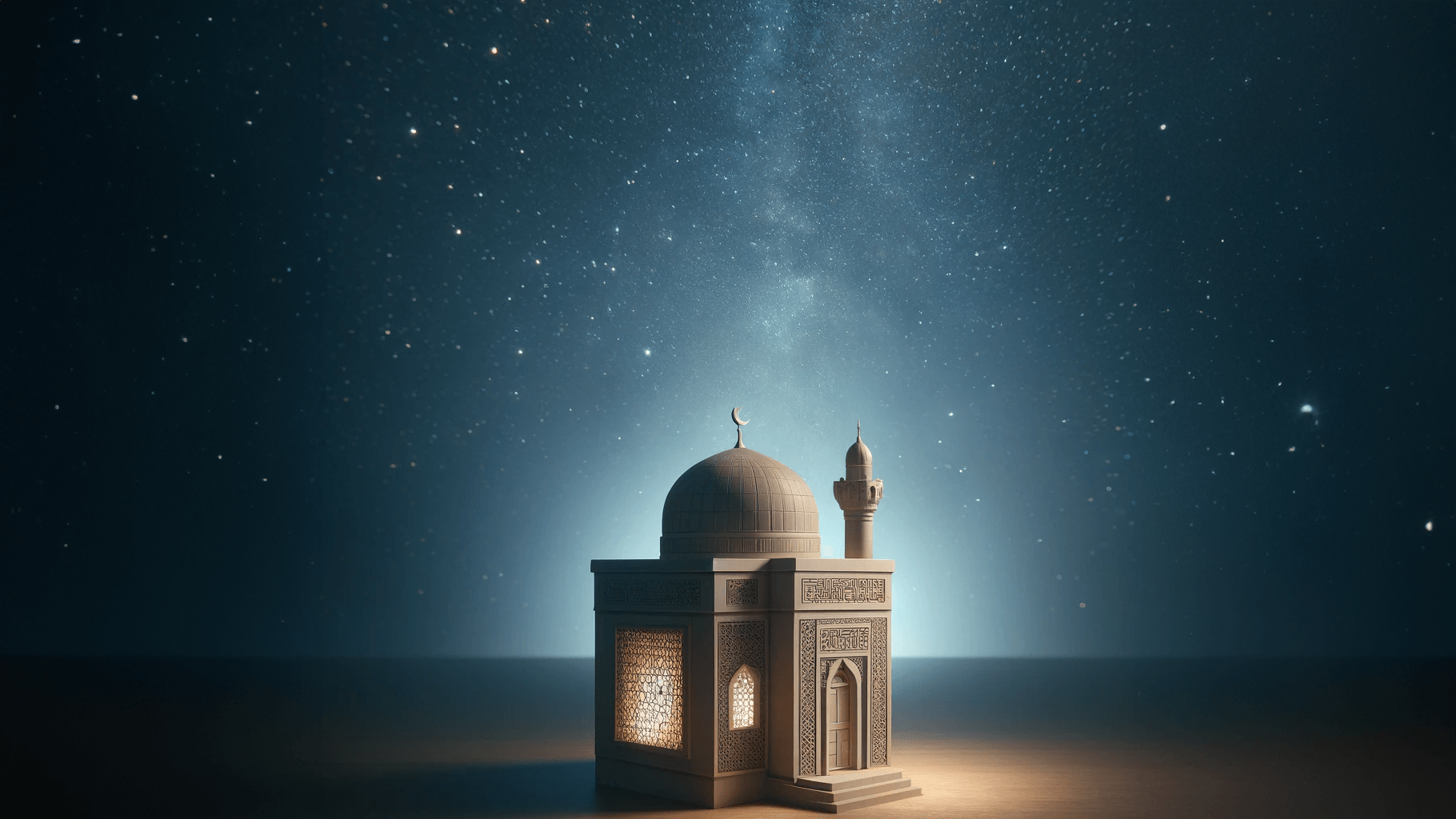Tag: Understanding Islam
-

This Week at Middle Ground (Ramaḍān Week 3)
Prayer times and activities for Middle Ground this week (March 25th – March 31st, 2024 Continue reading
This is a page title
Lorem ipsum dolor sit amet, consectetur adipiscing elit
This is a page title
Lorem ipsum dolor sit amet, consectetur adipiscing elit
This is a page title
Lorem ipsum dolor sit amet, consectetur adipiscing elit

